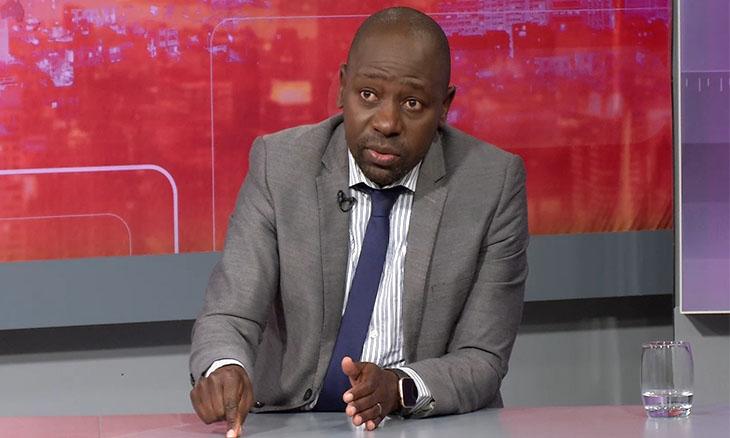Africa-Press – Mozambique. Speaking on STV’s ‘Noite Informativa’ programme, National Telecommunications Institute of Mozambique (INCM) representative Joaquim Zindoga said his institution was determined to set limits to the special offers made by mobile phone companies, alleging “anti-competitive behaviour”.
The effect, Zindoga said, was calls being made at prices below that established by the regulatory authority, which varies from five to six meticais.
For the INCM, promotions and bonuses constitute ‘dumping’, an anti-competitive practice. Prices below normal will therefore be limited. “Instead of having promotions which provide for almost 30 days of free calling, there will henceforth be limits,” he said.
One factor of the new measures being applied by the telecommunications regulator is that the bonus airtime cannot be used for interaction with people from other operators.
“The new measure determines that the bonus that Operator X gives cannot be used to call a person who uses Operator Y, because the one from the X network has power only within this X network, and not in the Y,” Zindoga explained.
Bonuses offered by the operators, according to the INCM, entail considerable costs which, in the medium term, could lead to the emergence of a monopoly through the bankruptcy of some operators.
“If it offers bonuses that exceed the interconnection value, we are assuming that the call cost is interconnection, but there are other costs that are not covered. In the long run, who will cover other costs? We run the risk of it losing the market,” Zindoga observed.
Asked about the percentage of bonuses, Zindoga said that the regulator has set a 50 percent limit, so that, “if an individual buys a 100 meticais airtime reload, he should, at most, receive a 50 percent bonus, and no more”.
The INCM representative said that 1,000 to 2,000-meticais monthly packages would come to an end. “We had a situation where the limit was time, not money; the customer recharged with 1,000 and could call for a month. This will end.”
Zindoga however noted that the measures concerned were not necessarily permanent, and could be changed depending on the future behaviour of the mobile operators.






